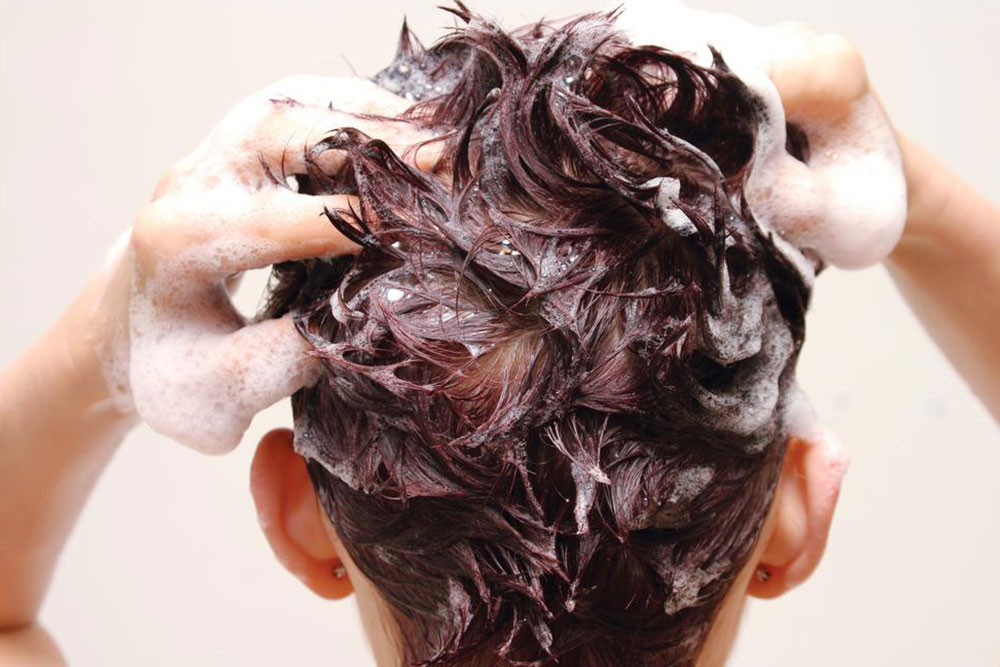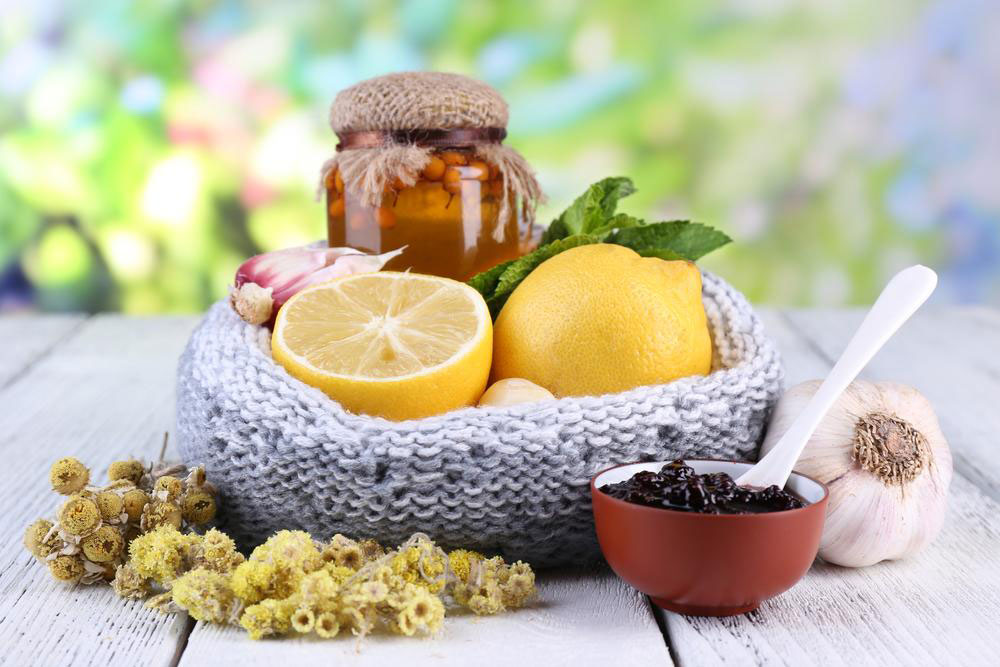Natural Solutions for a Dry, Flaky Scalp
Discover effective natural remedies for a dry, flaky scalp. This guide covers causes such as poor hygiene, fungal infections, and diet deficiencies, along with home treatments like coconut oil, apple cider vinegar, and lemon to improve scalp health. Regular care and proper diagnosis can help manage this common scalp condition effectively.

Effective Home Treatments for Scalp Peeling
A dry and flaky scalp can cause discomfort and impact your appearance, influencing your choice of hairstyles and clothing. This common scalp condition involves flaking skin, often accompanied by itching and hair shedding. Recognizing the causes and applying natural remedies can help in managing this issue effectively.
What causes a flaky scalp?
Various factors can lead to scalp flakiness, such as:
Inadequate scalp hygiene: Skipping regular washing or not removing sweat after exercise can worsen flakes. Keeping the scalp clean is crucial.
Fungal infections: Conditions like seborrheic dermatitis caused by Malassezia fungus irritate the scalp and cause peeling.
Dry skin: Cold weather can dry out the scalp, leading to peeling skin.
Hair care products: Some shampoos and styling products contain chemicals that may irritate the scalp. Changing products can help.
Dietary deficiencies: Lack of nutrients such as zinc and vitamin E can weaken scalp health and cause dryness.
Underlying health issues and skin conditions may also contribute. For persistent problems, consulting a healthcare provider is recommended.
Natural remedies to soothe a flaky scalp
Although there's no one-size-fits-all cure, home remedies can assist in prevention and relief:
Baking Soda: Its antifungal properties help control fungi and absorb excess oil. Mix two spoons with water, massage onto the scalp, rinse without shampoo, and repeat twice a month for dryness prevention.
Coconut Oil: Moisturizing and antifungal, coconut oil calms dry scalp. Massage with 3-5 spoons, leave on for an hour, then wash with shampoo. Regular use improves scalp health.
Apple Cider Vinegar: Balances scalp pH and discourages yeast growth. Dilute with water, apply, sit for 30 minutes, then rinse. Use twice weekly.
Lemon: Rich in citric acid, lemon reduces fungi and restores pH balance. Apply a mixture after shampooing, then rinse after five minutes.
Olive Oil: Acts as a natural moisturizer for dry scalps. Massage overnight, then wash with gentle shampoo.
Aloe Vera: Its anti-inflammatory properties help relieve itching. Apply gel regularly before shampooing.
Mouthwash: Due to antibacterial effects, it can fight fungal and bacterial flaking causes. Rinse scalp after hair wash.
Salt: Sea salt acts as an exfoliant, removing dry flakes. Massage onto the scalp and rinse with mild shampoo.
If these remedies do not improve the condition, consulting a healthcare professional is advised for personalized treatment options.
Note:
The content provides practical tips for scalp care and is intended for educational purposes only. It should not replace professional medical advice. For persistent or severe scalp issues, seek medical consultation. The article may not cover all treatment options available.


